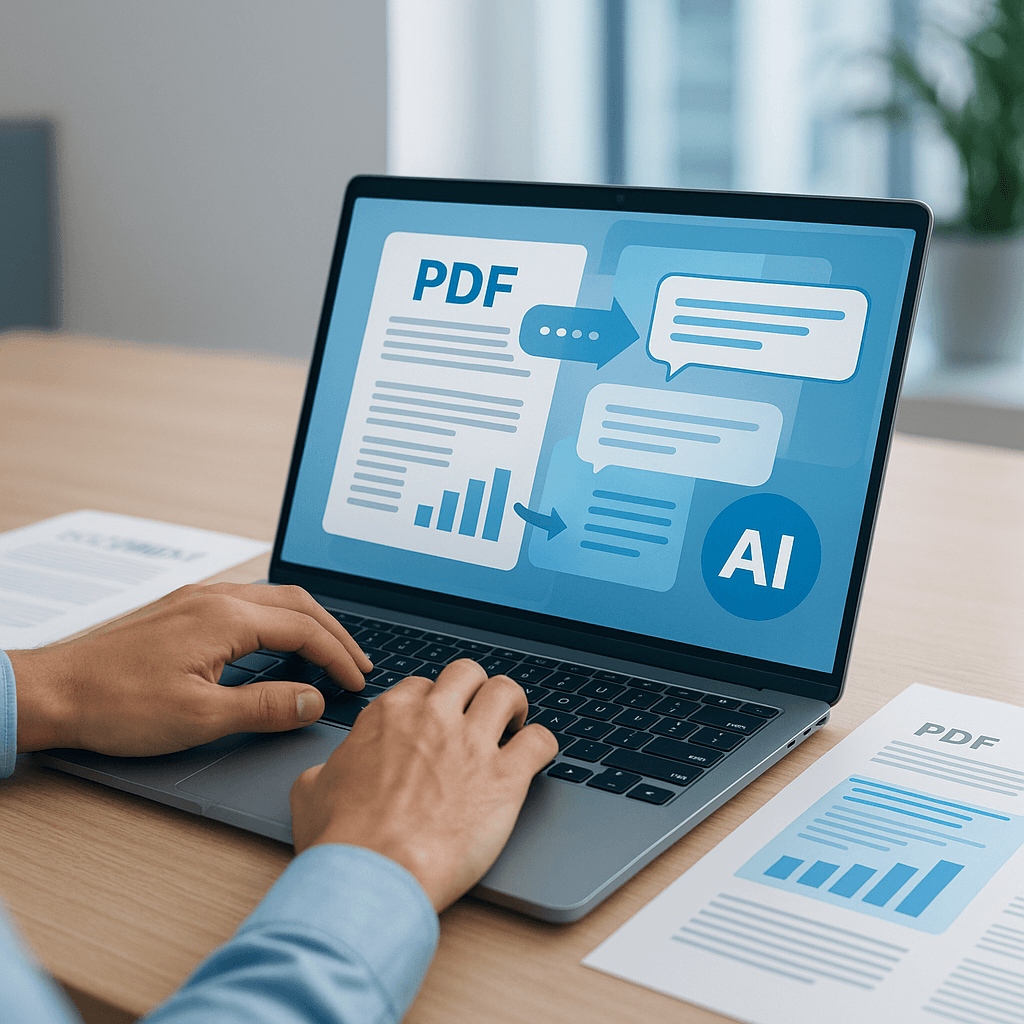Adobe just declared the death of chatbot-free software. The company's launch of Acrobat Studio embeds generative AI directly into PDFs, transforming documents users have relied on for over three decades. This isn't just another feature update—it's Adobe betting that AI-powered interaction will become as fundamental to document management as the PDF format itself.
Adobe just fired the final shot in the war against AI-free software. The company's launch of Acrobat Studio today doesn't just add another chatbot to the pile—it fundamentally rewrites the relationship between humans and the documents they've trusted for over three decades.
The timing couldn't be more symbolic. Adobe created the PDF in 1993 as a bridge between digital and physical documents, giving everyone from government agencies to medical offices a reliable way to share information that looked and felt like paper. Now, 32 years later, the company is embedding generative AI so deeply into the experience that interacting with a PDF without a chatbot assistant becomes virtually impossible.
"We're reintroducing the brand," Adobe VP of Product Marketing Michi Alexander told WIRED. "We've been around for 32 years now, but this is the biggest inflection point for us since launch." The admission reveals just how dramatically Adobe believes AI will reshape document workflows.
Acrobat Studio builds on last year's AI assistant launch with "PDF spaces" that let users upload multiple documents and customize how the chatbot responds to queries. But the real story isn't Adobe's specific features—it's what this release represents for the broader software landscape. As Matthew Kirschenbaum, University of Maryland English professor and author of "Track Changes," explains to WIRED: "There is now AI in these very specifically human-centered document forms. And to me, that's notable."
The transformation mirrors what's already happened across the tech industry. Google Docs now greets users with AI writing suggestions, Instagram's search bar prominently features AI-powered discovery, and even Apple's iPhone settings menus showcase AI capabilities. The Pew Research Center found that US adults express more concern than excitement about AI's impact on their lives and jobs, yet the technology continues its relentless march into every corner of software.












